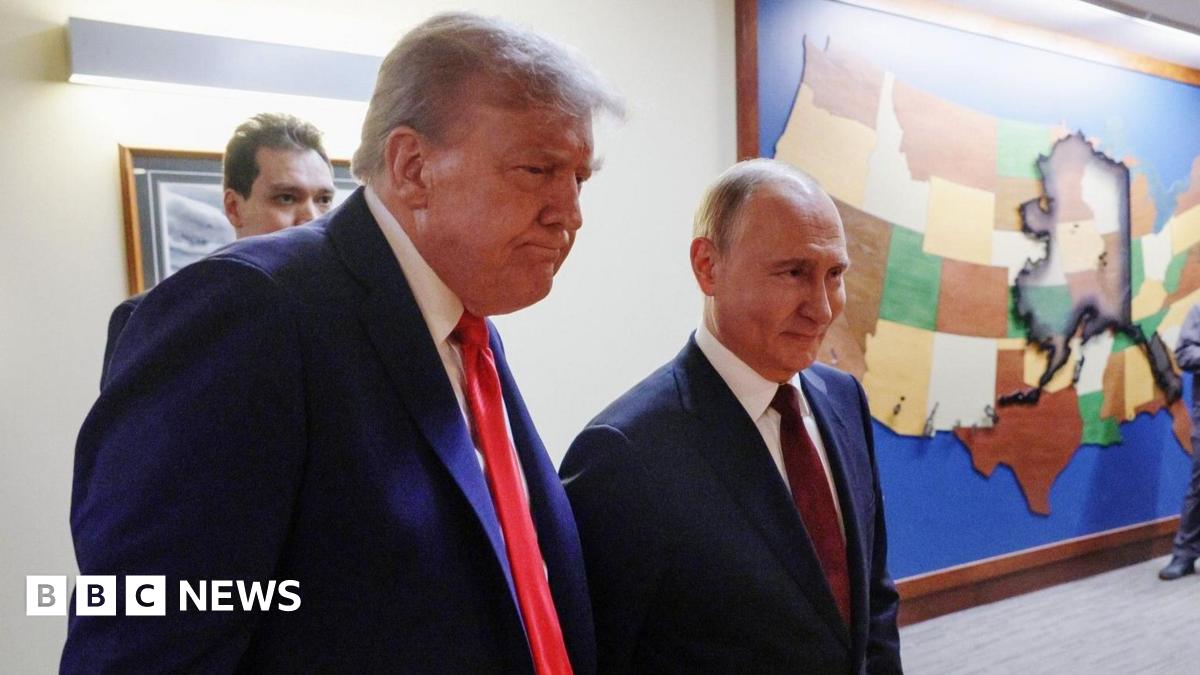India Doubles Down on Russian Oil: Refiners Ignore US Warnings Amidst Tariff Hike

India's State Refiners Defy US Pressure, Increase Russian Oil Purchases
Despite facing increased tariffs and strong criticism from Washington, India's state-run oil refiners are significantly ramping up their purchases of Russian crude. This move signals a continued strategic reliance on Russian energy, even as international pressure mounts.
Following a brief period of reduced imports, major processors like Indian Oil Corporation (IOC), Bharat Petroleum Corporation Limited (BPCL), and Hindustan Petroleum Corporation Limited (HPCL) have resumed and even accelerated their buying of Russian oil. The decision comes amidst ongoing geopolitical tensions and fluctuating global energy markets.
Why the Continued Reliance on Russian Oil?
Several factors are driving India's continued dependence on Russian oil. Primarily, Russian crude offers a significant price advantage compared to oil sourced from other regions. The deep discounts offered by Russian suppliers, partly due to sanctions and logistical challenges, are simply too attractive for Indian refiners to ignore, especially given India's large and growing energy demands. India, a major importer of crude oil, seeks to secure affordable energy resources to fuel its economic growth and meet the needs of its vast population.
Furthermore, India maintains a policy of energy security, prioritizing access to affordable and reliable energy sources regardless of the geopolitical implications. While acknowledging the concerns raised by the United States and other Western nations, Indian officials have consistently stated that their oil purchases are driven by economic considerations and do not constitute political alignment.
The US Response and Tariff Implications
The United States has repeatedly expressed concerns over India's continued purchases of Russian oil, warning of potential secondary sanctions and urging New Delhi to reduce its dependence on Russian energy. The recent imposition of tariffs on Russian oil imports by the US and its allies further complicates the situation. India faces a delicate balancing act, attempting to maintain its economic relationship with the US while securing affordable energy supplies from Russia.
While the tariffs impact the US, they also indirectly affect India by increasing the overall cost of energy and potentially limiting access to alternative sources. However, the price advantage of Russian oil continues to outweigh these concerns for many Indian refiners.
Future Outlook: A Complex Energy Landscape
The situation highlights the complexities of the global energy landscape and the diverging interests of different nations. India's decision to prioritize economic interests over geopolitical considerations underscores the challenges of navigating a world increasingly shaped by sanctions and trade wars.
Looking ahead, India is likely to continue diversifying its energy sources, but Russian oil will likely remain a significant component of its import mix, at least in the short to medium term. The ongoing conflict in Ukraine and the resulting sanctions will continue to shape the dynamics of the global oil market, and India's energy policy will be closely watched by both the US and Russia.
The resilience of Indian refiners in the face of US criticism demonstrates a commitment to securing affordable energy for their nation, even when it means defying international pressure. This trend is expected to continue as India strives to meet its growing energy demands and maintain its economic momentum.






